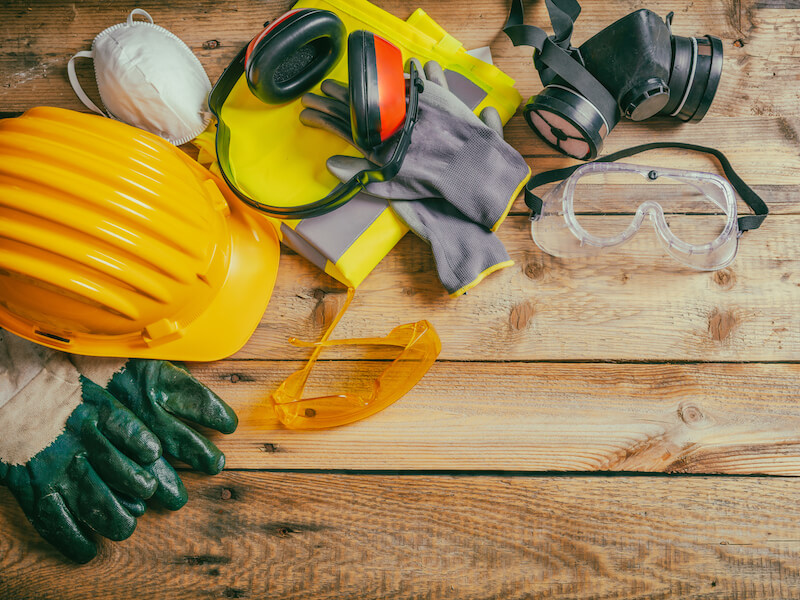
Every year, approximately 2 million workplace injuries are documented. Usually, we think of a hand caught in a piece of machinery or a flying projectile when we consider work-related injuries.
But there is a much more pernicious on-the-job injury that is even more common and frequently overlooked. It sneaks up on people extremely gradually over the course of several years. Most individuals don’t even recognize it’s occurring until it becomes severe. People typically make excuses. “It will go away” or “I’m just getting older. This isn’t unusual.
Many individuals don’t even recognize it was brought on by their workplace environment.
The insidious injury is hearing damage. There are several warning signs you should recognize, and there are significant steps you need to take if you think the damage is already done.
How Loud is Too Loud?
Regular exposure to sounds louder than 85 decibels (dB) can cause permanent damage to your hearing. Seventy-five dB, for instance, is the average volume of a vacuum. Eighty-five dB for a lawnmower. If you’re exposed to a chainsaw or leaf blower you’re dealing with 100 dB. And the volume of a gunshot logs in at 140 dB.
Are you at risk when in your work environment? Is the most common workplace injury a problem for you? If you’re frequently exposed to something as loud as a lawnmower, even if it’s not constant, your hearing is likely to become damaged over time.
Hearing Damage Signs
You’re absolutely harming your hearing if you work in a loud environment without hearing protection.
The following are early warning signs that you’re dealing with hearing loss:
- Loud noises cause pain in your ears.
- You regularly ask people to repeat themselves when they speak.
- People are always complaining about the loud volume of your media devices.
- You confuse consonants – “Todd” sounds like “Dodd,” for instance.
- You can’t understand the person speaking if there’s background sound.
- You think people speaking to you are constantly mumbling.
- You hear ringing, hissing, or whistling even when it’s quiet.
- When people speak, you tend withdraw.
- Conversations sound muffled.
What Are Employers Doing to Reduce Hearing Damage?
Businesses and organizations are using the latest technology to lessen workplace noise in excessively loud settings. Government agencies are endeavoring to update guidelines that will reduce workplace noise and protect employees.
As more employees become aware of the recurring damage they have endured as a consequence of workplace noise, they are coming forward. With time, their voices will result in further change.
Preventing Further Damage
If you work in a noisy environment, the best thing you can do is protect your ears before any damage occurs. Wearing protective earmuffs or earplugs while at work will help decrease potential damage.
Schedule an appointment for a hearing exam right away if you suspect a noisy workplace has caused injury to your hearing. When you identify the extent of your hearing loss, you will learn how to prevent further damage going forward. We address any hearing damage you’re already experiencing and develop strategies to help you avoid any further damage.